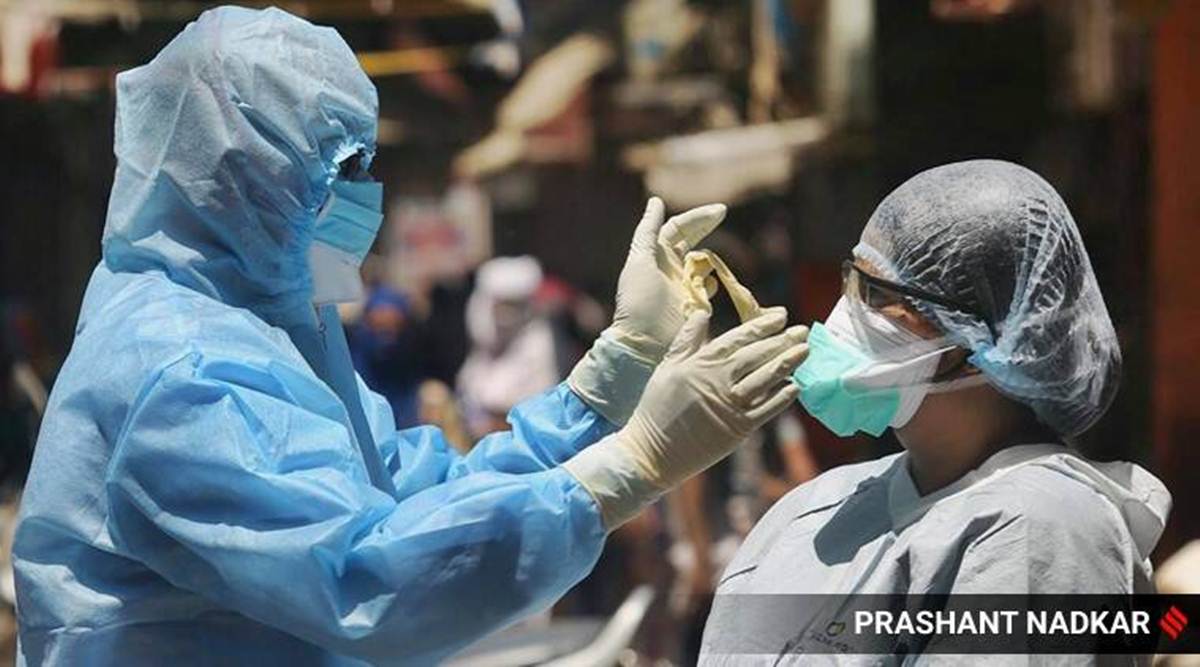 ICMR Chief Professor Balram Bhargava reiterated that seven months into the pandemic, it is still not known as to how long immunity lasts. (File)
ICMR Chief Professor Balram Bhargava reiterated that seven months into the pandemic, it is still not known as to how long immunity lasts. (File)A day after researchers from Hong Kong reported the first confirmed case of reinfection with the novel coronavirus, the Centre on Tuesday underlined that while it is still unknown as to how long immunity against the infection lasts, there is no reason to be alarmed.
Addressing the weekly briefing, ICMR Chief Professor Balram Bhargava said regarding the case of reinfection reported from Hong Kong, “…(Reinfection) depends on several factors. One is the patient’s immunity; it could also depend on the virus: whether it has mutated or become more virulent. We are learning more. Having said that, this is only one case that has been reported of reinfection, which is very rare for viral infection.”
Bhargava reiterated that seven months into the pandemic, it is still not known as to how long immunity lasts. “For example, in the case of measles, once you get the infection you also get lifetime immunity. But there may be a few rare cases where you get measles for the second time. In the case of Covid-19, we don’t know how long the immunity lasts… It is just one case and we need to closely monitor. However, we should not be alarmed,” he said.
While India last week recorded 1 million tests in a single day, Bhargava said that certain states have recorded a dip in RT PCR tests due to increased use of rapid antigen test, and that on an average, 30-40 per cent of total tests being conducted nationally are rapid antigen testing.
Bhargava attributed the surge in testing to a significant dip in the cost of testing. “With startups coming forward, we have been able to deploy a large number of indigenous kits, wherein they have brought down the cost of testing tremendously…” Bhargava said.